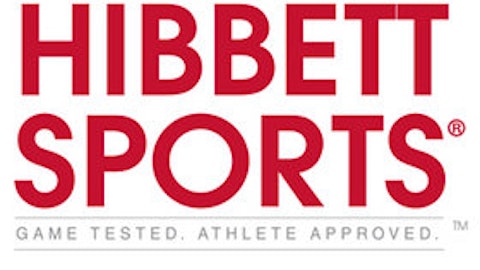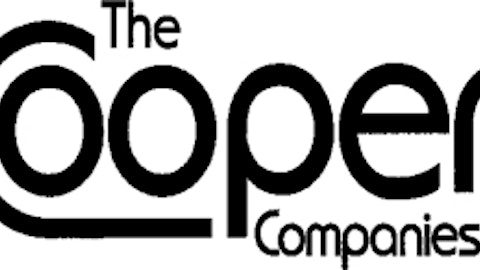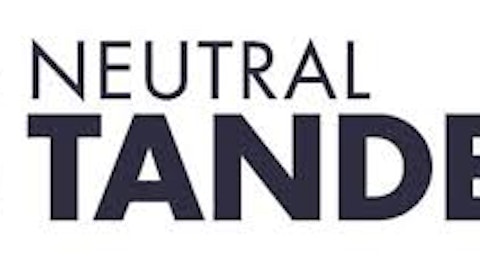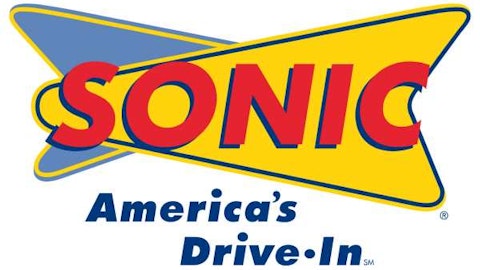On top of this, the company does not seem to have new products in the pipeline to offset the revenue it will lose from products coming off patent protection. This is due to the company’s R&D strategy, which focuses on product life-cycle management — making improvements to existing key products — instead of developing new treatments. While this strategy has been highly profitable, it looks problematic in the long run.
In fact, much of the company’s growth was generated from the sales of Actonel and Asacol, which was obtained from the acquisition of Procter & Gamble’s branded pharmaceutical business in 2009.
Moreover, the company took on $600 million of additional debt last year to pay the special dividend of $1 billion — a move that was seemingly taken to satisfy the company’s three largest private equity holders, who at that time had 30% ownership of the company. This increased the company’s debt to around $4 billion, limiting its opportunities for future acquisitions.
Warner Chilcott is worth more to Actavis
Actavis Inc (NYSE:ACT), the third-largest generic drug company in the world, also had been the subject of takeover speculation for the last few months. In April, Valeant Pharmaceuticals Intl Inc (NYSE:VRX), the largest pharmaceutical company in Canada, with a market value of $29 billion, specializing in neurology, dermatology, and infectious diseases, offered to buy the company for more than $13 billion in stock. Mylan Inc. (NASDAQ:MYL), a rival global and generic specialty pharmaceutical manufacturer, on May 7, offered $120 in cash and stock, equivalent to around $15 billion, to buyout the company. It reached a definitive agreement with Warner Chilcott on May 20, 2013, to acquire the company by year-end in a stock-for-stock transaction valued at around $8.5 billion.
Under the agreement, Warner Chilcott Plc (NASDAQ:WCRX) shareholders will receive 0.16 shares of the newly created company “New Actavis” for each Warner Chilcott share they own. Based on the latest Actavis Inc (NYSE:ACT)’s closing price of $122 as of June 6, 2013, this equates to $19.50 per Warner Chilcott share.
The merger is expected to strengthen its non-generic drug segment in women’s health and urology, generate more than $400 million in after-tax operational synergies, tax savings and cost reductions. It will also strengthen its balance sheet, bringing the ratio of debt/EBITDA closer to 3 and will be 30% accretive to Actavis’ non-GAAP earnings per share in 2014.
Foolish bottom line
Although Warner Chilcott Plc (NASDAQ:WCRX) generates healthy free cash flows and is trading at cheap valuations, its fundamentals are weak. It is worth more to Actavis than it is as a stand-alone company. I think it was already fairly priced at around $13 per share just before the merger news broke out.
As of the recent close on June 6, 2013, Warner Chilcott Plc (NASDAQ:WCRX)’s stock price was at trading at $19 per share. At this price, I think there is little upside left and it would be too risky to initiate a position at these levels. However, I would consider buying if the stock price falls below $15 per share.
Zarr Pacificador has no position in any stocks mentioned. The Motley Fool has no position in any of the stocks mentioned. Zarr is a member of The Motley Fool Blog Network — entries represent the personal opinion of the blogger and are not formally edited.
The article Warner Chilcott: Should You Buy Joel Greenblatt’s Latest Pick? originally appeared on Fool.com and is written by Zarr Pacificador.
Copyright © 1995 – 2013 The Motley Fool, LLC. All rights reserved. The Motley Fool has a disclosure policy.





